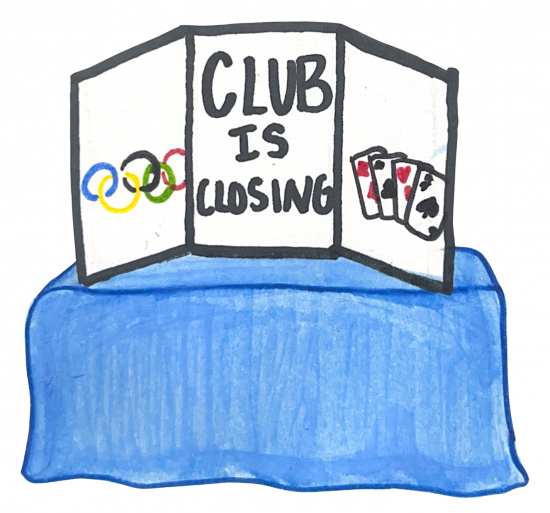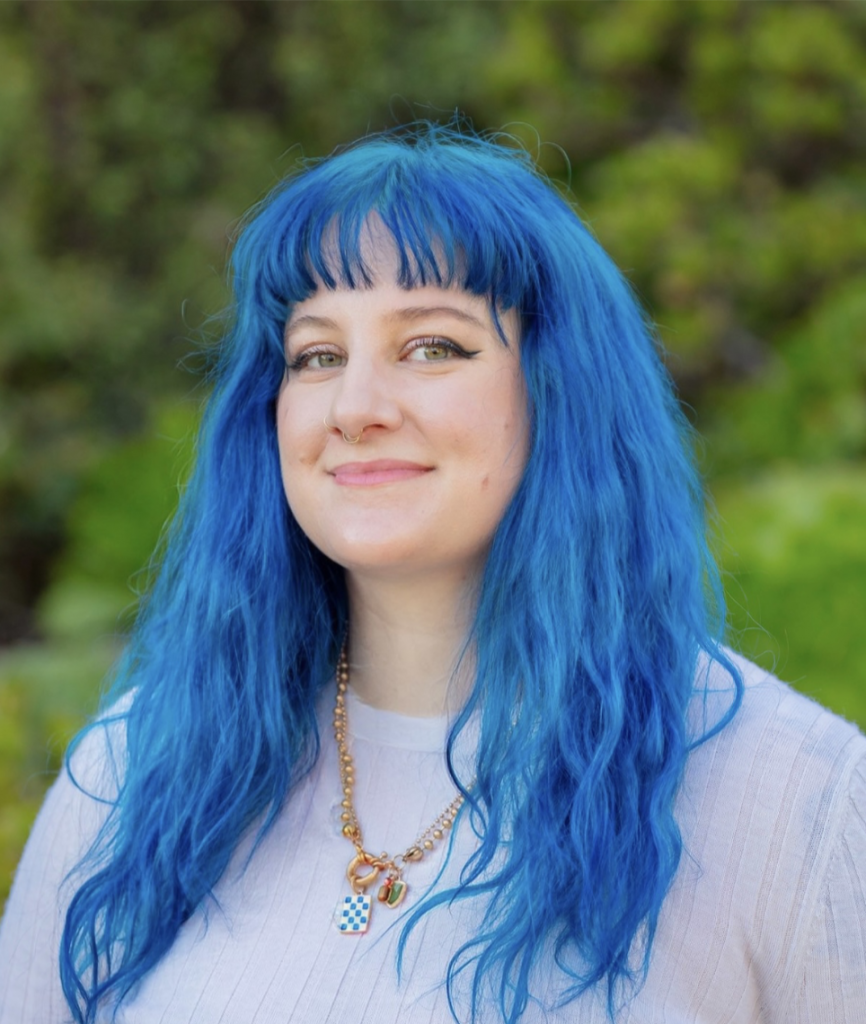Sarah Richards|Marlin Chronicle
Through the lens of conflicts that may hinder clubs from remaining active, students share their thoughts on campus clubs and their purpose in encouraging collaboration, celebrating shared interests and building a stronger connection to the Wesleyan community.
Regis Collins runs the Classics Club. This club is associated with the Classics major, a field of study focused on ancient Mediterranean culture, particularly Greek and Latin. Students in this club gain skills they can use in their future: “community, friendship, the ability to plan Olympics and the ability to hang around before being able to join the Honors Society,” Collins said. If students want to join the Honors Society, they must take one semester of Greek or Latin. “If you’re prior to that semester, but still interested in joining that community, then the Classics Club is a good way to do that,” Collins said.
Olympic games offer a link between the ancient world and the modern world and is an ancient tradition. “We’re hosting an Olympics at the end of this month,” Collins said.
Dr. Benjamin Haller, associate professor of Classics and chair of Foreign Languages and Classics, set aside a room in Birdsong Hall for students interested in a Classics major to hangout and go over club business. “Discussing what events we might do, going over the meeting and taking votes,” Collins said. When this club meets, they won’t usually have more than half a dozen students per meeting. Club meetings are not all business, according to Collins, they also have fun activities themed around their club. “Sometimes we make pottery or watch Indiana Jones movies. It’s a good time,” Collins said.
Rebecca Haegele, a junior, formerly served as vice president of a now-inactive club called the Tabletop Gaming Club. This club revolved around games like Dungeons and Dragons and Call of Cthulhu, or as Haegle said: “More of your more nerdy games and card games.” Students from this community gained a lot. “A lot of people definitely made friends with other club members. I’ve seen them hanging out a lot giving them something to do to get out of their dorms,” Haegele said.
Anyone could have joined this club. “We had flyers, and we’d send out messages every now and then … we’re gonna start meeting at this night, at this time and at this place,” Haegele said.
Students would bring several options to each meeting and vote on what game to play. Once the vote was taken, they would play the winning game first followed by a rotation of other games. Card games didn’t come into play until later. “There was also an aspect where we all got together and played card games,” Haegele said.
According to previous leadership, the club lost momentum in scheduling and became inactive. “I was the vice president: me and the president just had really conflicting schedules,” Haegele said. Haegele took engineering classes at Old Dominion University’s campus during the day and night classes here. “The president was doing their capstone, so they weren’t really available,” Haegele said. “But at the same time, there weren’t any other gaming clubs, so it was special in that way.” According to Haegle, members appreciated the opportunity to game, but the club’s dwindling interest reflected the lack of availability.
By Abee Cassidy


